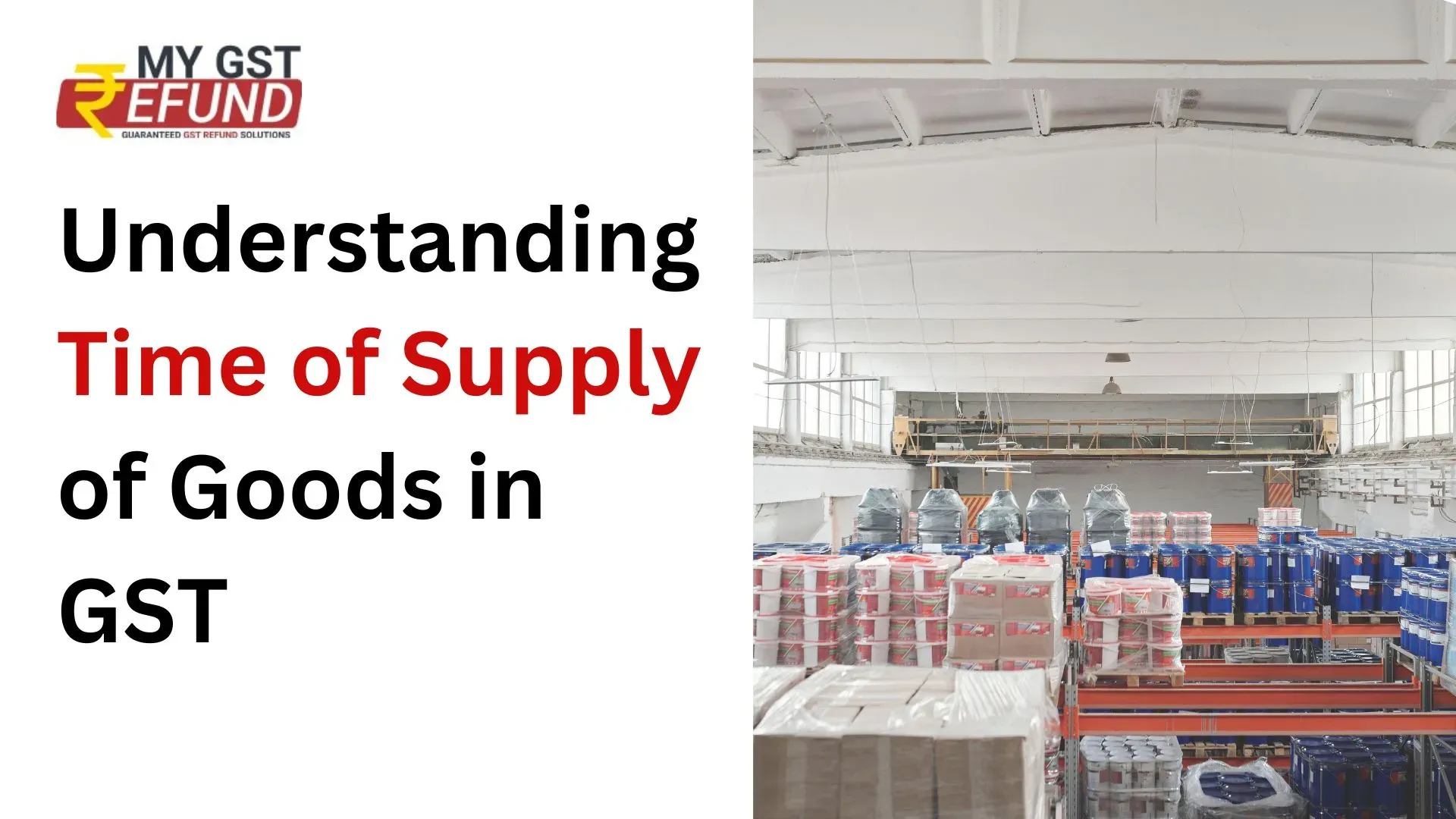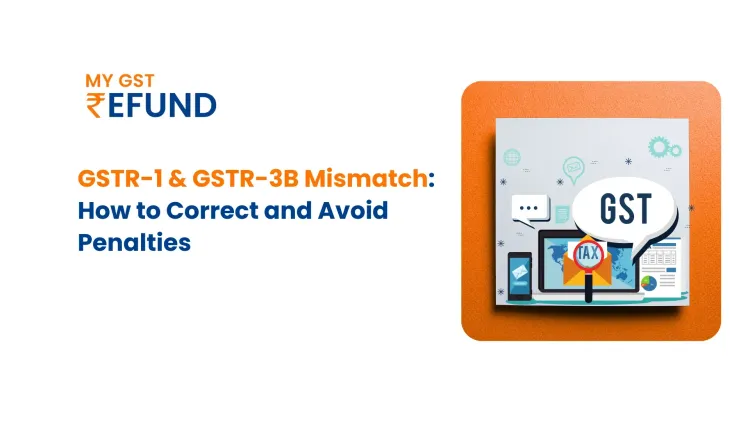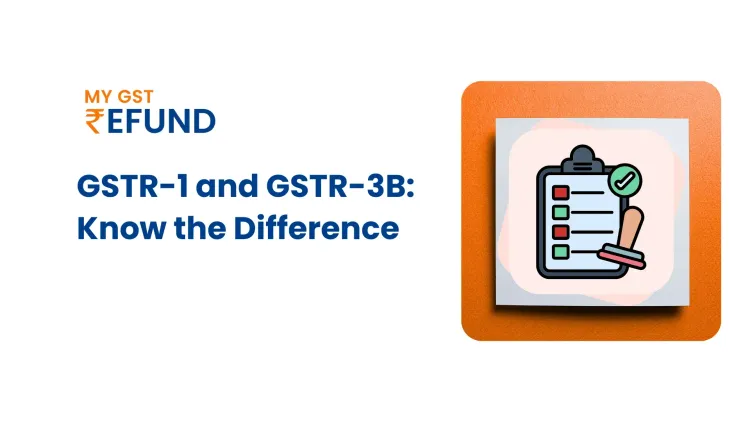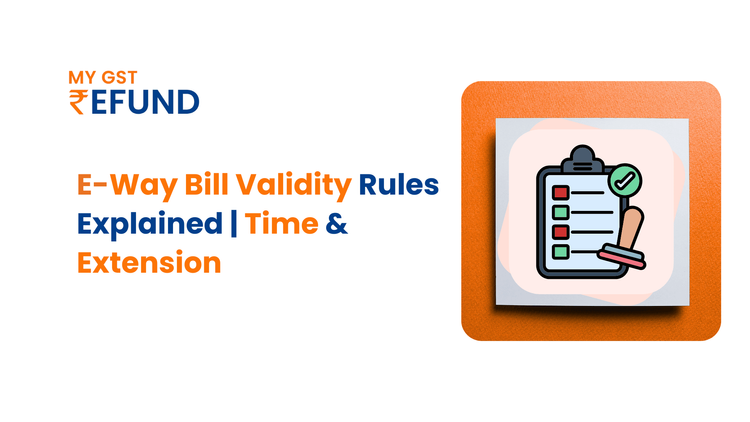Understanding Time of Supply of Goods in GST
Published on: Thu Mar 14 2024
Bio (Reveal/Hide)

Understanding Time of Supply of Goods in GST
Understanding the "time of supply" concept is paramount in the Indian Goods and Services Tax (GST) regime. It dictates the exact moment a good is considered supplied, impacting various crucial aspects like:
Tax Liability: Determines when the supplier becomes liable to pay GST.
Invoice Issuance: The timeframe for issuing the invoice is tied to the time of supply.
Input Tax Credit (ITC) Claim: The recipient can claim ITC only on the taxes paid by the supplier on the specific supply.
Time of Supply Under Normal Charge
This applies to most goods supplied within India. The time of supply is the earlier of the following dates:
Date of removal of goods from the supplier's place of business: This signifies the physical movement of goods from the supplier's location.
Date of receipt of payment or part payment by the recipient: This includes any advance payment received towards the supply.
Date of issue of the invoice by the supplier: This becomes relevant when neither of the above conditions are met within a reasonable timeframe (typically 30 days).
Example:
A company in Delhi sells furniture to a customer in Mumbai on March 1st, 2024. The goods are dispatched from Delhi on March 3rd, and the customer makes full payment on March 5th.
Here's how the time of supply would be determined:
Date of removal: March 3rd, 2024
Date of receipt of payment: March 5th, 2024
Date of invoice issue: (Let's assume it's issued on March 3rd)
In this scenario, the time of supply would be March 3rd, 2024, as it's the earliest among the three dates. Therefore, the supplier must pay GST and issue the invoice by the due date based on March 3rd.
Time of Supply Under Reverse Charge
In specific scenarios, the recipient (buyer) is responsible for paying GST instead of the supplier. This is known as "reverse charge." The time of supply under reverse charge is the earlier of the following:
Date of receipt of goods by the recipient
Date of payment to the supplier
60 days from the date of issue of the invoice by the supplier
Time of Supply for Vouchers
For gift vouchers, movie tickets, or similar instruments, the time of supply generally occurs on the date of issue of the voucher. However, if the voucher is redeemed for goods or services, the time of supply for the actual goods/services would be determined based on the regular rules (as explained earlier).
When the Time of Supply Cannot Be Determined
If the time of supply cannot be determined using the above rules, it defaults to the date of entry of the transaction in the books of account of the recipient.
Other Important Points
Supply on credit: If goods are supplied on credit and no payment is received within a reasonable time (typically 30 days from the invoice date), the time of supply is the date immediately following 30 days from the invoice issuance.
Import of goods: The time of supply for imported goods is the customs clearance date.
Advance received without consideration: If an advance is received before the supply is agreed upon, it's not considered in determining the time of supply. However, once the supply agreement is finalized, the advance payment becomes relevant.
Comprehending the time of supply rules is crucial for businesses operating under GST. It ensures compliance with regulations, avoids potential penalties, and facilitates accurate tax calculations and ITC claims. While specific statistics on the frequency of different scenarios might not be readily available, consulting a tax professional for complex situations is highly recommended.
Related Posts





